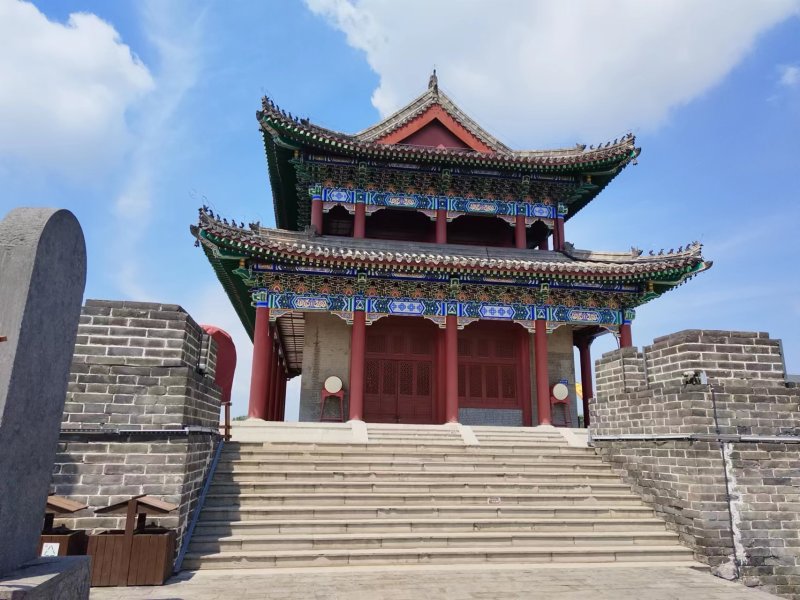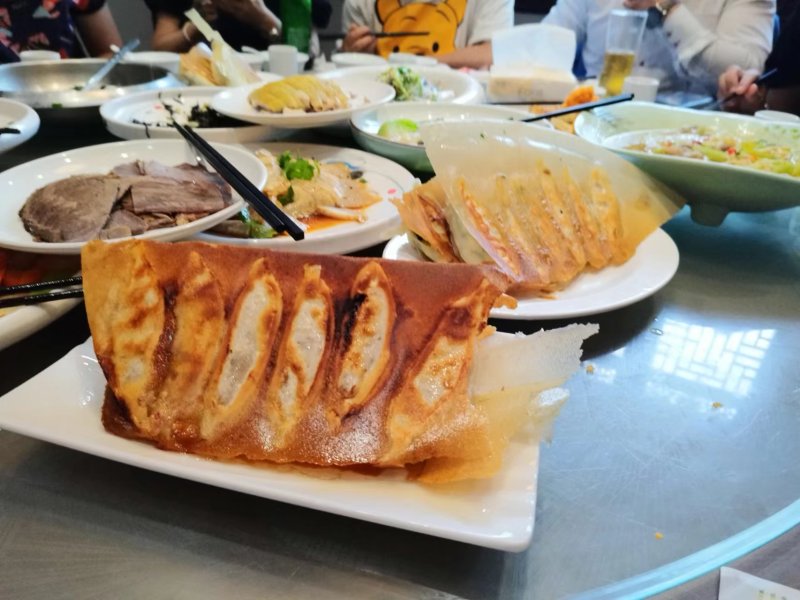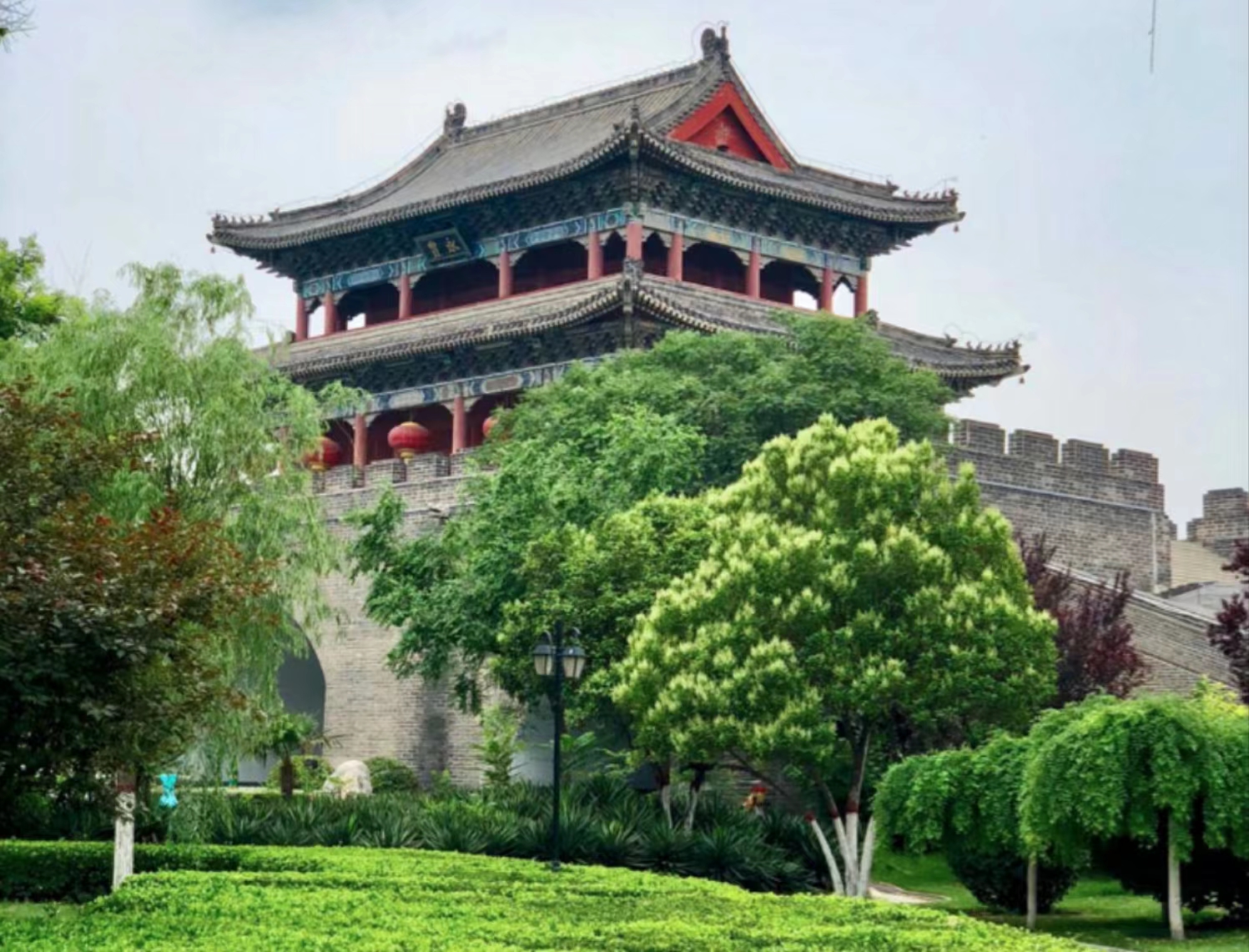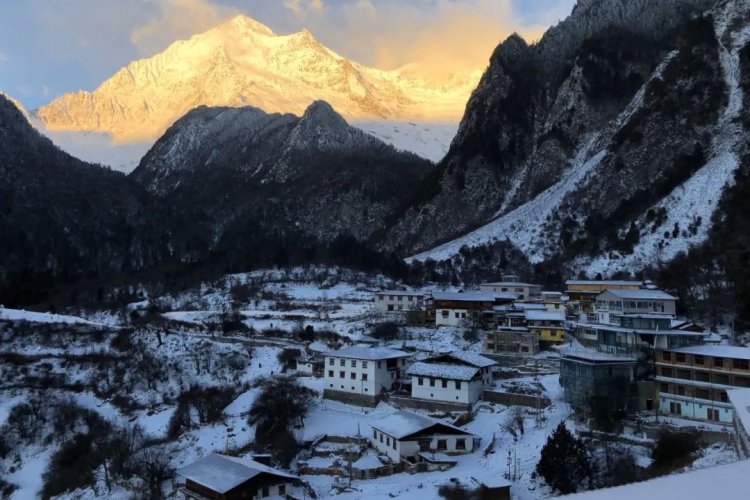A Journey to Kaifeng: China’s Other Ancient Capital
Beijing has been China’s on-and-off capital in both modern and ancient China, with the title of capital having moved around like a hot potato throughout history. A much older capital lies to the south, though. One whose ancient city walls still stand, and whose drum tower stands tall over a busy thoroughfare in the city center. Callbacks to its ancient status still stand – Muslim streets, night markets, and the hustle and bustle of culture. If you were thinking Xi’an, you guessed wrong – it’s Kaifeng.
Today, home to just over 1 million people, this city in China’s central Henan province was once the capital of the Northern Song Dynasty (960-1127). Thanks to it being situated near the Yellow River and four major canal systems, Kaifeng was a successful commercial metropolis during the Song, home to a great many diverse communities, including China’s only ethnic Chinese Jewish community.

Although Kaifeng’s days as a capital of any kind are long gone – it was the provincial capital of Henan until 1954, when the title was given over to nearby Zhengzhou – it’s still an amazing place to visit, not just for the history but for its culinary traditions, culture, and surprisingly laid back atmosphere.
Getting There
Only one train operates from Beijing to Kaifeng daily, with train G1555 leaving Beijing West for Kaifeng North Station at 5.45pm and arriving just after 10pm. For earlier arrival times, your best bet for train travel is going to Zhengzhou East station instead and then taking a 30 minute intercity train to Kaifeng Songcheng Lu Station or a 20 minute high-speed train to Kaifeng North.
High-speed trains to Zhengzhou East operate out of Beijing West, with travel time ranging from two to three hours or so. Sleeper train options are also available, which travel from Beijing West and Beijing Fengtai Stations throughout the day.
See and Eat
Of the foods people told me about before arriving in Kaifeng, the one mentioned most was 胡辣汤 húlà tāng, which translates to Spicy Pepper Soup. This soup, which originates from Luoyang but is popular all over Henan and northern China, makes for an invigorating breakfast. It’s thick and savory, with white pepper lending a slight bit of heat. My advice: skip the morning coffee and replace it with a bowl of this!

Should you require a more filling breakfast that you can only get in Kaifeng, there’s 四味菜 sìwèicài, a traditional soup made with mutton and intestines into which you can put little chunks of a thick flatbread called 锅盔 guōkuī, sort of like 泡馍 pàomó soup but with more meat to it. Get your fill of meaty soup at 赵家四味烩菜 Zhàojiā Sìwèihuìcài, a family establishment that’s been operated by a brother and sister team for over 30 years. Be sure to go early, though: lines form out the door every day, as they make some good eats.
Going a bit deeper, the food of Kaifeng is best considered the OG Henan cuisine. Based on the food of the Northern Song royal court, you could say it combines a bit of Sichuan, Beijing, and Cantonese-style cooking to make something truly distinct: it’s light but has characteristic flavors, a bit of sour here, a bit of spice there, and, being as it’s close to the Yellow River, a healthy dose of fish dishes with meat, tofu, and other specialties.

The best place to try a little bit of everything is Xing’s Pan-Fried Dumplings. Despite a name which makes it seem a bit one note, Xing’s, which has been around since 1883, has a smorgasbord of classic Kaifeng dishes, with everything from beef in sour and spicy stock (金汤肥牛 jīntāng féi niú) to fried tangyuan (炸汤圆 zhà tāngyuán, it’s a thing and it’s damn good), and braised deep-fried fish maw (扒广肚 bā guǎng dù), among other things. Of course, there are also the pan-fried dumplings, which come complete with a thin layer of skin that cracks off with each piece, like a sort of meat-filled crepe. It’s available in lamb, beef, pork, or veggie options.
Onto sights. Start at the Old City Wall. It's RMB 30 for entry, and though one can’t walk around its entirety like Xi’an’s wall, it does provide nice views of Kaifeng and the surrounding area on a clear day. If you don’t feel like walking, they have shuttles (RMB 10/person) that can whisk you across the wall, stopping at various points for a bit of history and even the chance to learn the local Kaifeng dialect.

In the afternoon, Millennium City Park is worth a visit. It's pretty much a massive history theme park, you’ll find actors in traditional Song attire acting out the daily lives – with a bit of drama thrown in for good measure – of folk in those ancient times. Stay for the evening show, an epic of song and dance highlighted with a spectacular light and fountain display.
Dinner can be had at the Gulou Night Market and Xisi Night Markets, where one can indulge in everything from xiaolongbao to mutton chuar to more local specialties including fried yogurt, bucket chicken, and fried bean jelly.
A Stay Worth Experiencing
For a place to stay while taking a more in-depth approach to your understanding of Kaifeng and ancient Song culture, then the Pullman Kaifeng Jianye is in order. Situated northwest of the city center, this 186 room hotel is like a piece of art you can stay at. From the wide and open lobby the center courtyard greets you, around which the hotel building sprouts out like a flower.

Options to stay range from superior king to deluxe suite, and feature amenities like an Ofuro-style marble bathtub, herb amenities by New York C.O Bigelow, and HD TV, not to mention complimentary local snacks on arrival.
But the hotel goes beyond just snacks, with a full lunch and dinner buffet on weekends and a full breakfast buffet every day at the Pullman Café, and Cantonese and local Henan specialties at the opulent Lu Hua Chinese Restaurant. For further entertaining, there’s Xi Bar and the Executive Lounge. And for health and fitness, there’s a well-equipped fitness center with a pool and the Mist Spa.

Activities are also offered at the hotel – most of them child-friendly and immersive. Make your own ancient Chinese kite to fly around on the grounds, or take part in a Song-style tea course, for a taste of powdered tea that goes beyond just matcha.
The ancient capital of the Song is a city worth experiencing be it for the food, the culture, the history, or just a bit of fun. Head to the old sections of town, climb up atop the city wall, try some pan-fried dumplings, and stay at the Pullman Kaifeng Jianye for a vacation in style.
READ: Among the Clouds: Gasa Township and the Origins of Dai Culture
Images: Vincent R. Vinci, courtesy of Pullman Kaifeng Jianye



